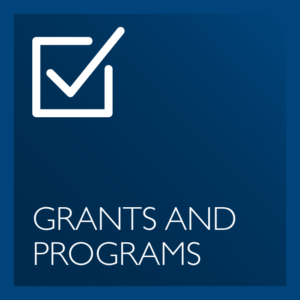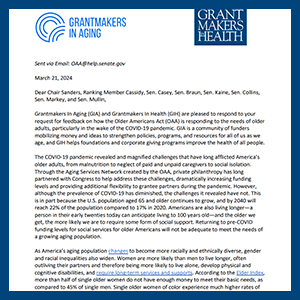Exploring the Tides Foundation’s Efforts to Support Civic Engagement and Protect Reproductive Health
Funders can play a major role in promoting a healthy democracy, and increasingly, grantmakers like the Tides Foundation are investing in civic engagement. To learn more about Tides’ work in this area, along with their support of ballot initiatives on reproductive health, Grantmakers In Health’s Miranda Wesley spoke with the Tides Foundation’s Program Officer of Civic Engagement and Democracy, Beth Huang.
Peterson Health Technology Institute: April 2024
Digital diabetes management tools do not deliver meaningful health benefits that justify their cost, according to a new report from the Peterson Health Technology Institute (PHTI). PHTI’s independent, evidence-based assessments fill a critical gap in the search for and adoption of high-value healthcare technologies. The first-of-its-kind report and PHTI’s forthcoming assessments help payers, providers, and innovators know what tools work and are worth it.
CareQuest Institute for Oral Health: April 2024
CareQuest Institute for Oral Health released a report on oral health care among veterans, Oral Health Is Essential to Veteran Productivity and Well-Being, highlighting barriers veterans face when accessing dental care and the impact of dental disparities on their well-being.
Philanthropy @ Work – Transitions – April 2024
The latest on transitions from the field.
Philanthropy @ Work – Grants and Programs – April 2024
The latest on grants and programs from the field.
Grantmakers In Health and Grantmakers In Aging Release Policy Recommendations for Older Americans Act Renewal
On March 21, 2024, Grantmakers In Health (GIH) and Grantmakers In Aging (GIA) responded to a request for feedback about the reauthorization of the Older Americans Act (OAA) from the Senate Committee on Health, Education, Labor and Pensions (HELP).







